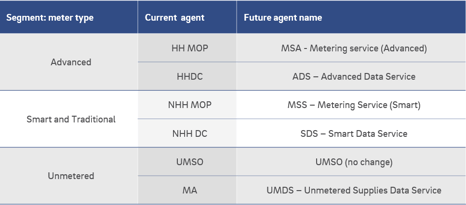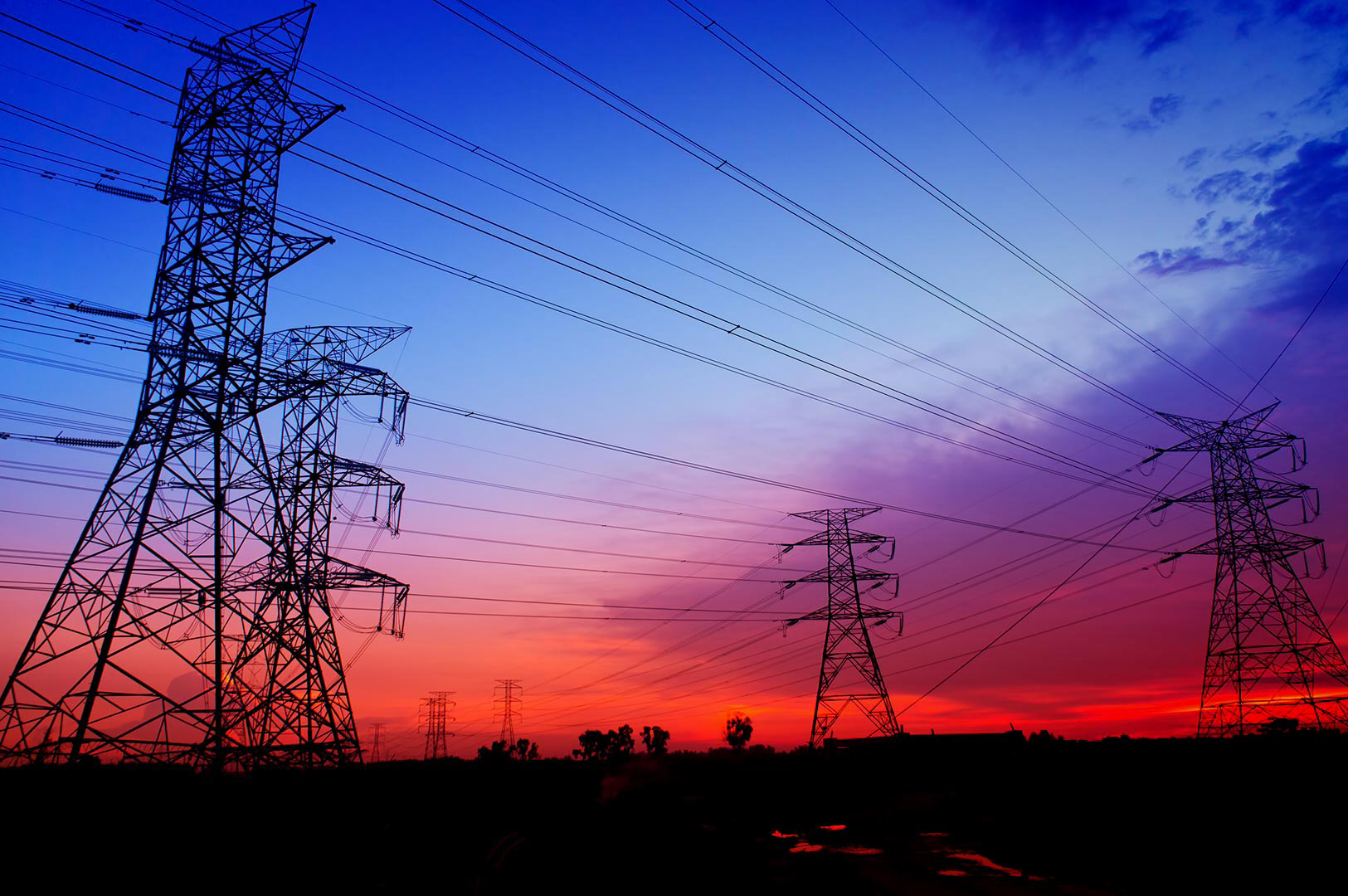MHHS is coming, and it’s arguably the biggest change the electricity sector has seen since the privatisation of the industry in the 1990s.
Our recent webinar outlined the key changes to be aware of and potential benefits for businesses. We've also laid out the MHHS timeline to ensure you know what is happening and when. Here, we take a look at three of the key takeaways from the session and explain why it’s so important for businesses to know what’s happening.
1. Businesses that engage with MHHS will reap the benefits
Despite the significance of the MHHS programme, our latest Business Energy Tracker shows that 53% of businesses are not aware of MHHS. The fact is, MHHS will affect every business energy consumer in some way. How much, and how positive that change is, will depend on the actions they take.
This industry-wide initiative has been sponsored by Ofgem, and will be rolled out by every electricity supplier. Whilst MHHS does not require energy meters to be upgraded to advanced meters that can collect data on a half-hourly basis, for many organisations, there are real benefits to doing so as they provide a highly detailed and dynamic picture of your energy use.
Greater insight provides a valuable opportunity for businesses to measure and understand their energy consumption and identify efficiency opportunities to save costs. While the intention behind the programme is primarily to facilitate the net zero transition, it’s exciting news for businesses that want a more granular and timely picture of their energy use.
Businesses can also expect to see more time-of-use products enter the marketplace, providing yet more cost saving opportunities and supporting businesses to play their part in creating a sustainable energy future.
2. What are the changes?
Meter classifications will change from Half-Hourly (HH) and Non-Half Hourly (NHH) to Advanced, Smart, or Unmetered supply (UMS). As this happens, the mandatory services required to gather and process metering data will also change.

Businesses with HH meters currently use Meter Operators (MOPs), Data Collectors (DCs) and Data Aggregators (DAs). After the roll-out of MHHS, depending on the meter type, businesses will need to arrange contracts for Metering Services Smart (MSS) or Metering Services Advanced (MSA), as well as Smart Data Services (SDS) or Advanced Data Services (ADS).
This once again represents an opportunity for businesses that engage with the process. It will be important to choose services that are competitively priced and offer added value.
3. Analytics tools will help businesses maximise on the MHHS opportunity
When the MHHS programme is live - the industry timeline for delivering MHHS starts in April 2025 and runs throughout 2026 - the energy industry will have access to incredible volumes of new data: 48 data points each 24 hours for every electricity meter in the UK. This insight will help to support the transition to a smarter, more flexible energy system.
Each business may also have a new level of granular insight into their energy consumption. They would be able to manipulate their energy data and use it to make operational and investment decisions.
This opportunity can also be taken to the next level if businesses adopt data visualisation tools. Some may opt to work with analytics service providers, to access marketplace data alongside their own and maximise on the energy management opportunities available to them.
Find out more in our on-demand webinar
MHHS is just around the corner. Testing is progressing, and migration could begin as early as April 2025. It’s time for businesses to make sure they have the information they need.
Our webinar, ‘Market-wide Half-Hourly Settlement: What, why and when’ outlines the full timeline of key events on the MHHS journey, explains what will happen if you don’t switch to a smart or advanced meter, and further explores the opportunities businesses can unlock by engaging with their data - you can watch it on-demand here.
/npm214%20Digital_H_UB17.jpg)
/npm214%20Digital_H_UB108.jpg)

/npm214%20Digital_H_UB143.jpg)

/npm214%20Digital_H_UB145.jpg)
/npm214%20Digital_H_UB134.jpg)

/npm214%20Digital_H_UB104.jpg)

/Author%20Profile%20Quan_Colette_G.png)

